The popularity of synthetic hair extensions and other synthetic hair products among black women has been a longstanding trend. These products provide these women with a chic and low-maintenance way to wear their hair. However, recent research has shown that the synthetic hair marketed toward and subsequently used by black women may actually be giving these women more than just gorgeous hair. The researchers have found that these faux locks may contain harmful chemicals and lead, putting the women who work with and wear these products at risk of serious health problems.
Health Risks of Synthetic Hair
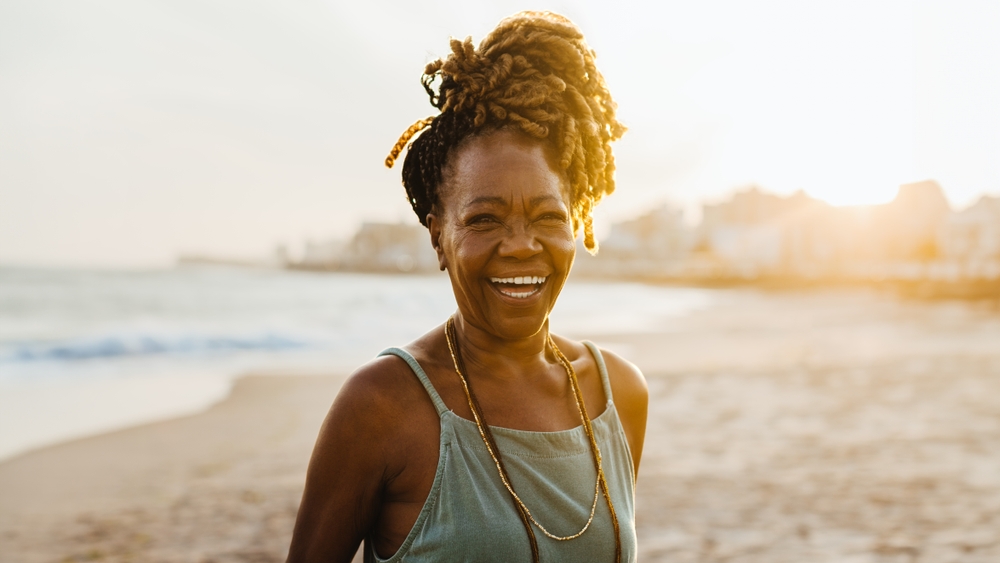
Consumer Reports recently investigated the synthetic braiding hair used in salons serving black women around the world. This synthetic braiding hair, a staple in the black community, has come under scrutiny due to the presence of harmful chemicals detected during their investigation. The research revealed alarming levels of carcinogens and volatile organic compounds (VOCs) in these products. This means that the stylists working with these products as well as the women wearing them are at an elevated risk of developing some serious health complications. This includes diseases such as cancer. This includes popular brands such as Magic Fingers, Sassy Collection, Shake-N-Go, Sensational, and many more.
Personal Experiences
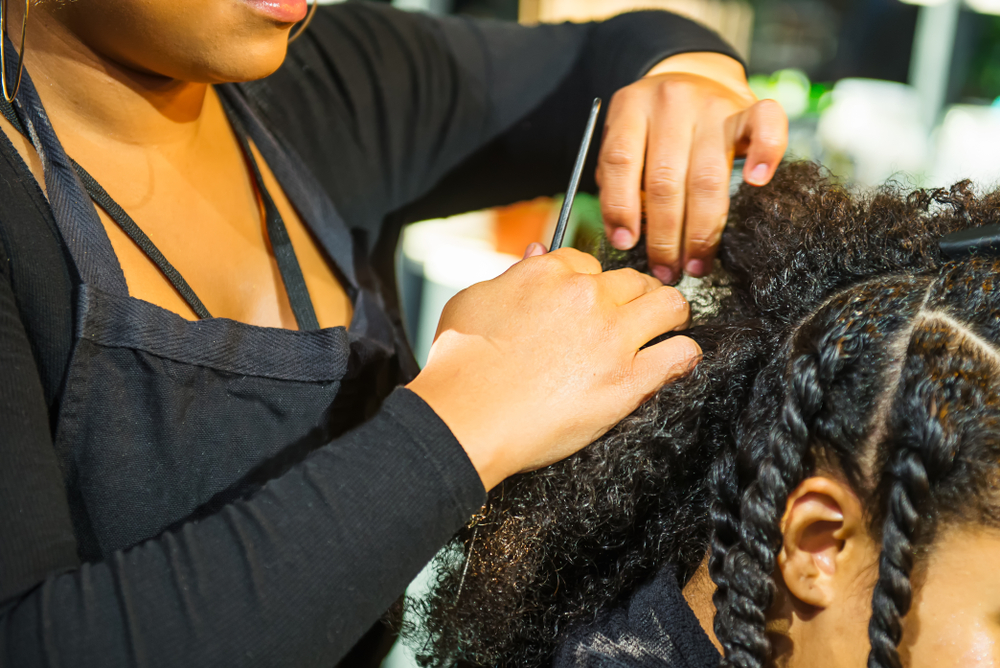
Chrystal Thomas, a student who experienced adverse reactions to synthetic braiding hair, is just one of many women who have experienced immediate problems and discomfort after using synthetic braiding hair. She had a nearly immediate reaction after using the widely popular brand Kanekalon.
“I couldn’t sleep well, my throat felt irritated, and I had trouble focusing on any type of work I was doing because of the smell. The smell wouldn’t go away even after washing my hair multiple times.” She recalled.
As part of her coursework for her public health class, she decided to research possible health problems that women face who use braiding products. She was shocked to find the risk as a result of the carcinogenic materials found in most synthetic braiding hair products. She even went on to publish those findings, knowing just how many women this problem would be affecting.
Consumer Concerns
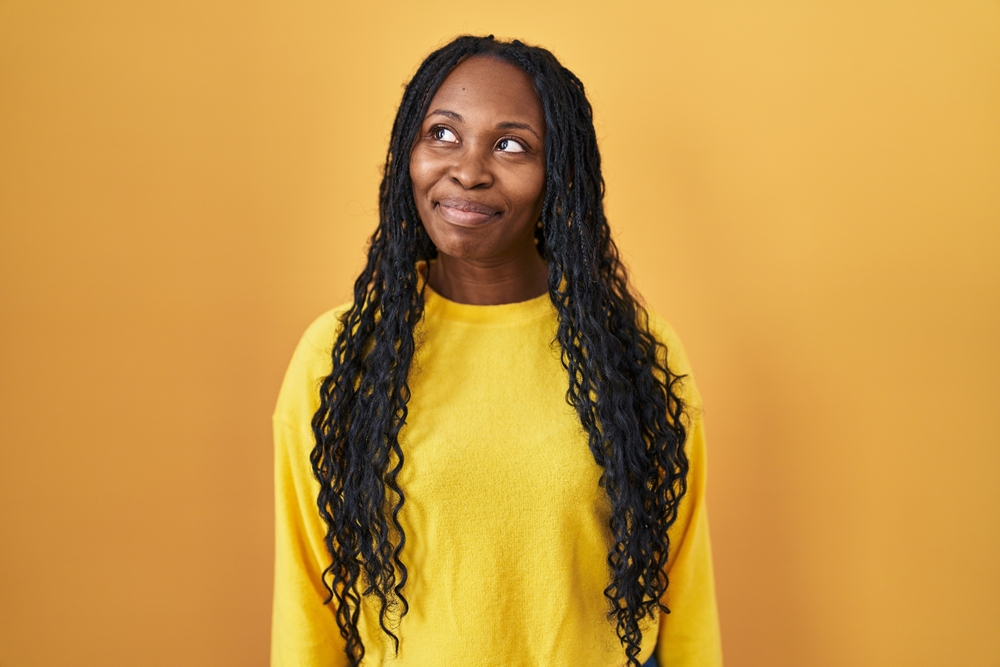
Consumer Reports’ then went on to test other brands, as well. Their testing of ten synthetic braiding hair products detected carcinogens in 100% of the samples. They found lead in 9 out of 10 of the tested products, and VOCs in every single one. Several of the products contained benzene, which is a highly regulated, well known carcinogen. This is a big red flag for the health of everyone who uses these products, with black women being the number one consumer.
“What is unique about braid extensions is the length of exposure users have to them,” Thomas says. “Synthetic braids are typically worn for about four to six weeks. Black women and other individuals who use synthetic hair are, therefore, exposed to those ingredients consistently during that time.”
Read More: People Are Noticing Toxic Trends They See With Gen A
Company Responses
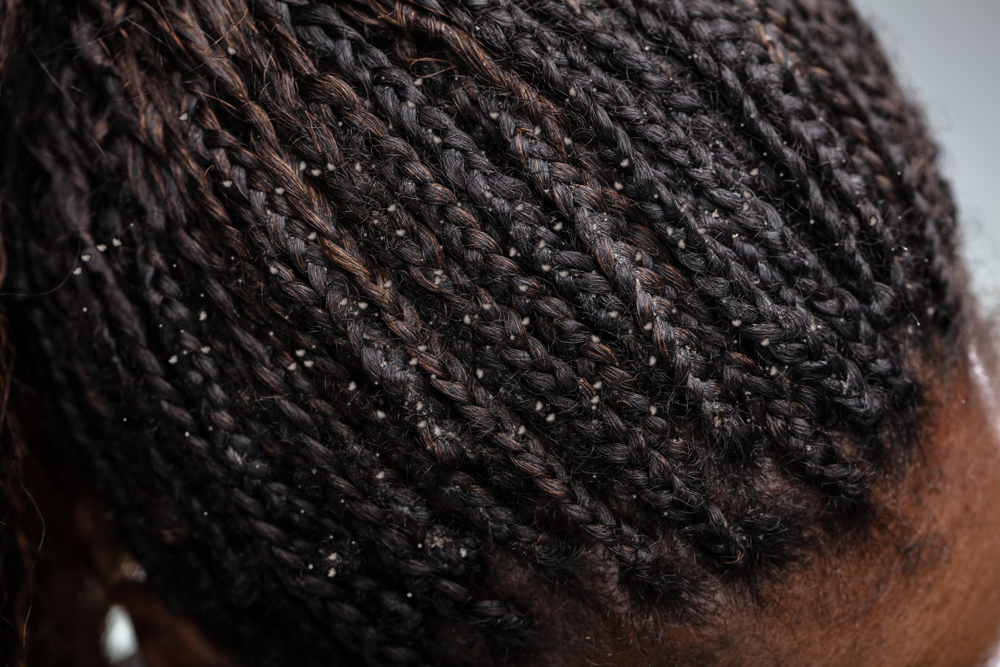
One of the biggest issues, however, is our ability to hold these companies accountable. Upon investigation, companies like Kaneka-owned Kanekalon reiterated that they produce the fibers used in synthetic hair products but do not oversee the final production. This means that tracing the origins of potentially harmful chemicals in synthetic hair is much more complex than it appears at the outset. If you don’t know who is responsible for these dangerous chemicals being in the products in the first place, how can you have them removed?
Community Impact
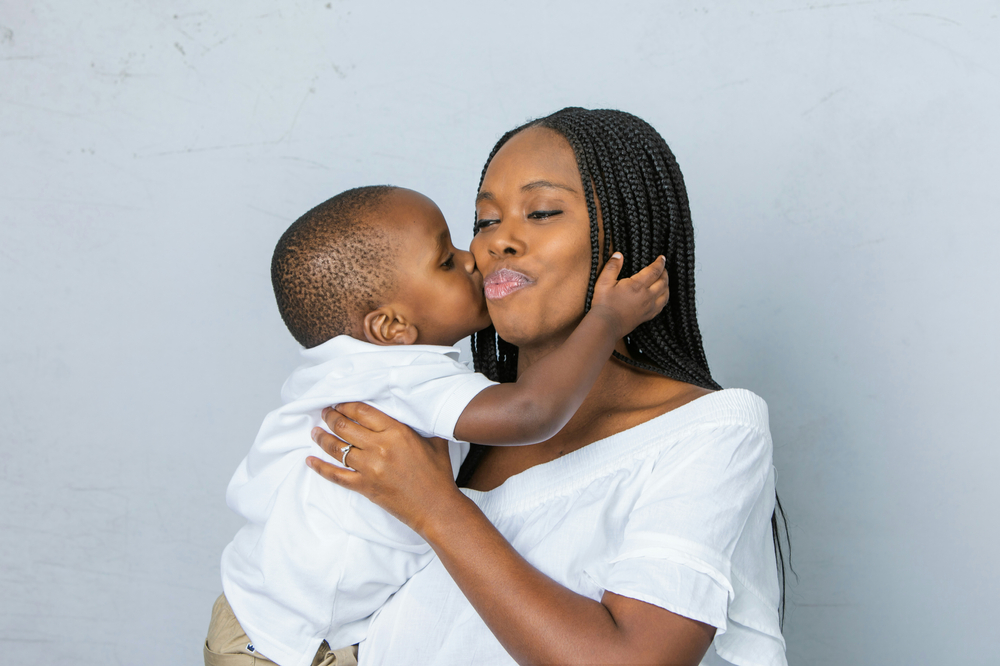
The synthetic braiding hair industry is currently valued at $2.79 billion and is projected to surpass $6 billion before the end of the decade. Black women, being the primary consumers of synthetic hair products, face particularly heightened risks associated with prolonged exposure to these chemicals. The escalating market value of hair wigs and extensions among people of African descent underscores the urgent need to address the health implications of these beauty practices. Tighter regulations must be put on these products and they must pass certain tests before they can be allowed on the market, and therefore on the heads of people.
The Bottom Line
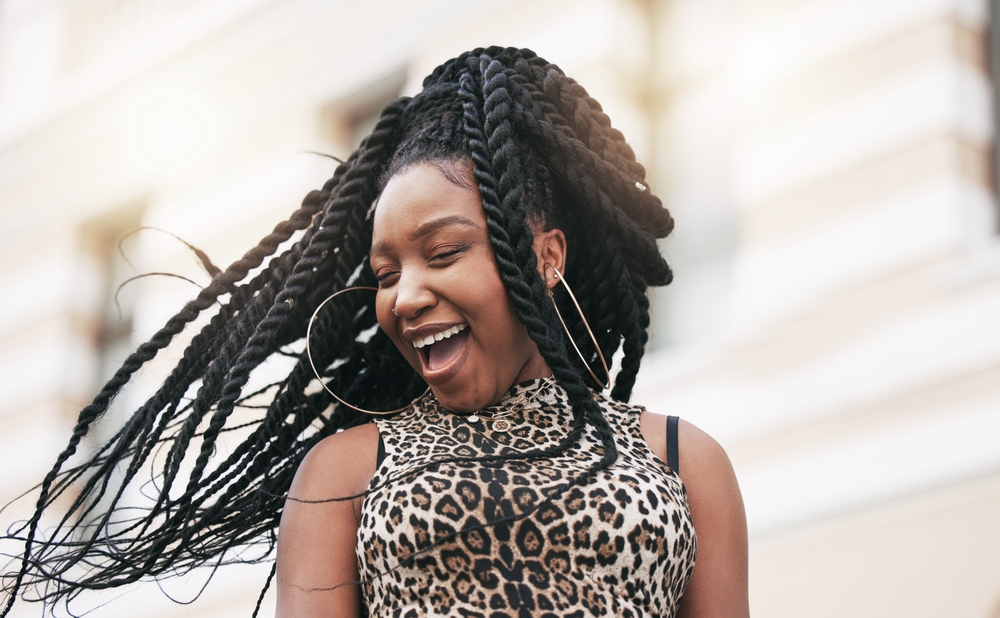
As the data on harmful chemicals in synthetic hair marketed towards black women continues to emerge, it is imperative for consumers, manufacturers, and regulatory bodies to prioritize the safety and well-being of individuals. These are products that are having direct, real-time impacts on people’s health. They are particularly impacting the health of a population that, due to racism and biases in our society and healthcare industry, is already at an increased risk for disease and early death. Addressing the health risks associated with synthetic hair products is crucial in protecting the health and safety of those who rely on them for their beauty and styling needs.
Read More: 8 Scams That Are Hard To Spot

